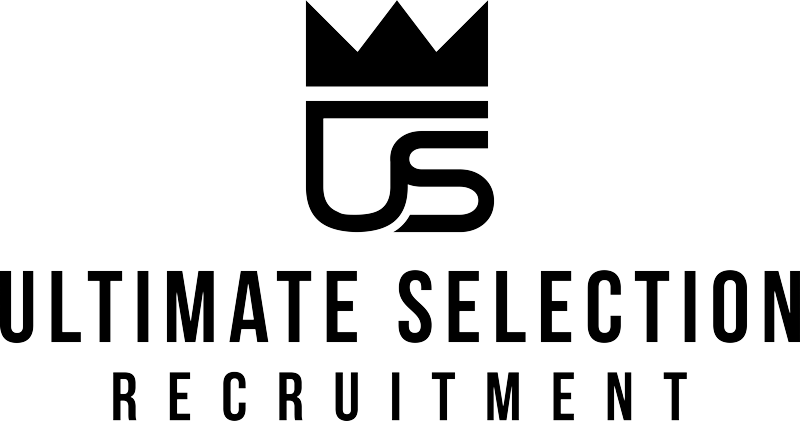
How to answer top tech interview questions

How to prepare for an interview for your next tech job. We spoke to tech recruiters about what interview questions to expect – and how to answer them
Anyone applying for a role in technology will need to go through the dreaded interview process, where they will be expected to demonstrate not only their competence but also that they will a good fit with the potential employer. But doing some preparation around both what to expect and the individual company will stand you in good stead.
Good questions to answer
It’s important to remember that employers will want to find out about you as a person as much as your technical skills, so you should expect questions to reflect this. “Questions such as why you’re excited about working for the company, what you could bring to the role, and what you’re looking for in your next career move, all help your potential employer to gauge the suitability and motivations of candidates,” says Holly Davis, talent manager at Wise.
Suzy Style, UK head of early careers talent acquisition at Capgemini, says people should also expect specific questions around the role or area that they have applied to. “Questions may include ‘please share a situation where you have solved a problem using technology’ or ‘what experience do you have with certain technologies’,” she says.
“For final stages of interviews or interviews that may be more complex, it’s common that you will be asked strengths-based questions around your motivations, skills, strengths and role suitability. It would be worth preparing for questions such as ‘What motivates you to get a career in technology’ or ‘how will this role play to your strengths’.” This focuses on your future potential rather than experience and it is a good idea to talk about any self-development, activities and interests that might be relevant to the role and demonstrate your strengths.”
Depending on the role, it’s also likely candidates will face more technical questions. “For example, a developer may be asked how they would maintain a codebase with other collaborators in a department,” says Lorraine Rew, head of talent acquisition at xDesign. “Giving people a technical scenario to solve allows organisations to assess not only technical skills, but also softer skills like critical thinking, prioritisation and general communication. In addition, many companies will require candidates to complete a technical task either before, after or during an interview.”
Annette Alexander is chief people officer at WP Engine. She warns against the dangers of rambling when answering questions. “Stay away from talking for a long time without fully answering the question,” she says. “If you do not have a go-to interview method, I always suggest the STAR [Situation, Task, Action, Result] method of delivering an anecdotal story of your work experience. It helps you give proper context, stay linear, try not to repeat yourself, and get to describing the outcome of your work.”
She also advises candidates not to be scared of asking the interviewer if they have answered the question fully or would like more information.
Tech questions to ask an interviewer
Asking the right questions of the interviewer will not only position you in a good light but will also help you gain the information you need on which to make a decision, should you be offered the role.
“If you have questions about how specific software or programmes would be used in the role, these are great to include,” says Amy Caton, senior program manager [NM1] at BT Group. “It may also be relevant to show an interest in the advances that the interviewer anticipates impacting the team and role they are recruiting for.”
Top tech interview questions
Rew suggests asking about a company’s tech stack, its teams and processes is a good place to start, adding that other possible questions include:
- How is software deployed? How often and who owns the process (developers or other teams such as DevOps)?
- How much time is spent fixing technical debt or re-architecting vs building new features?
- How is the success of a product or feature measured?
- How much autonomy do teams have for selecting technologies?
Tips to stand out at an interview
There are other ways in which people can make a good impression. Davis suggests tailoring the initial application and CV to the company and role in question. “Note the key skills and experiences detailed on the job description and include these in your CV,” she says. “If you’re applying for a more senior role, make sure to highlight any programme delivery experience you have, and include examples of leadership, creativity, problem solving and department management.”
It’s important to make sure you can demonstrate the skills and experiences that are outlined in the job description, adds Caton. “Spend time preparing examples to illustrate each one so you can demonstrate your transferable skills and capabilities,” she says. “Don’t just focus on technical skills though; things traditionally considered soft skills like problem solving, collaboration and storytelling are crucial to technical roles too.”
Style advises people to talk about how they have sought to progress their career outside of the day job. “You can speak about any technology communities you’re a part of or areas where you can demonstrate your technical interests to stand out,” she suggests. “Research free courses in technology such as programming or coding to gain some knowledge and refer to this during your interview and on your application.”
What not to do
There are also a few things to avoid if you want to make a good impression. “Companies like to see that you are a team player and that you will be a good fit for their organisation,” says Andy Wadsworth, director at The Bridge, part of Morson Group. “Always avoid negative comments about your current or former employer or colleagues. Avoid any negative comments about the company interviewing you or their tech too – be positive and respectful in all your comments and observations.”
It’s important, too, to come across as someone who will fit into an existing team. “Be self-aware and demonstrate a modest confidence, rather than over-confidence,” advises Rew. “As a people-centric organisation we hire on technical ability and personality in equal measure. We don’t want egos, we want team players who show humility, humanity and a ‘can-do’ attitude to their work, colleagues and clients.”
CTO salary – how much can you earn where? – How much you can earn as a CTO depends on the size of company you work for and where. But Information Age has gleaned what the average CTO salary is around the world
Am I ready to be a tech leader? – Here are four things to remember if you thinking of taking the next step up on your IT career path to become a tech leader
Why data engineers are key to becoming a true digital leader – In this article, we outline the barriers that data engineers often face within established businesses




